

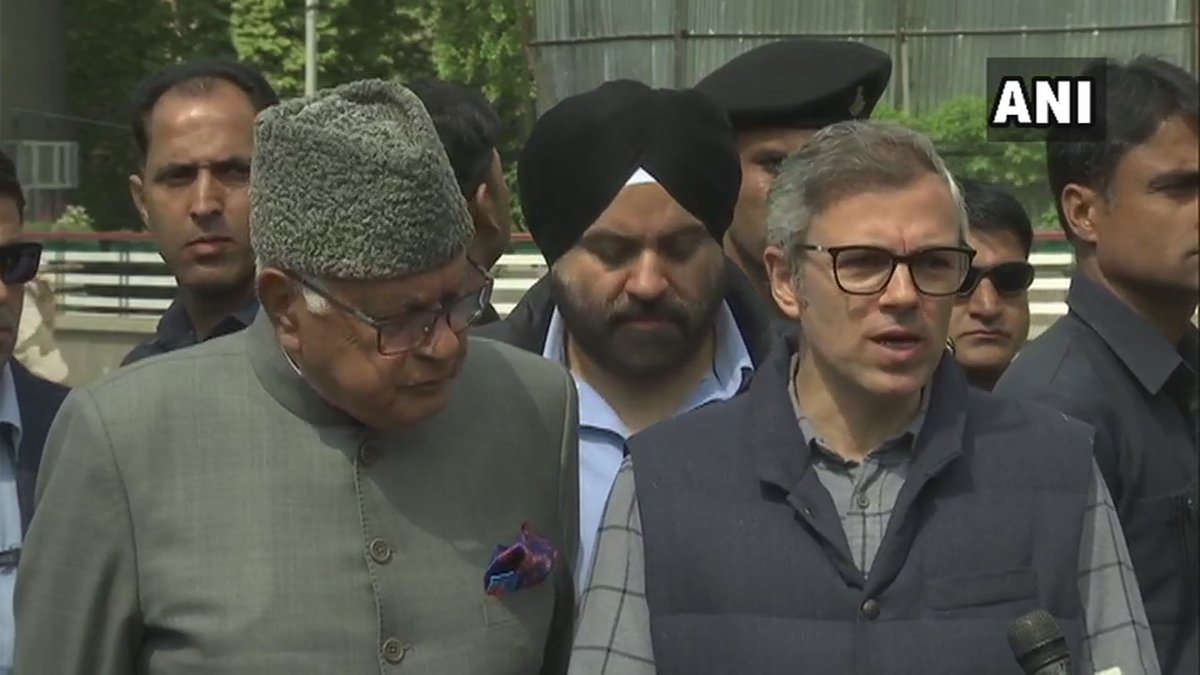
The National Conference has announced that former Jammu and Kashmir chief minister Omar Abdullah will be contesting from the Baramulla Lok Sabha constituency, while influential Shia leader Aga Syed Ruhullah Mehdi will contest from Srinagar. This comes after Omar Abdullah renounced contesting elections until the state's special status was restored. With the constituency witnessing a change in dynamics after delimitation, the fight is expected to be mostly between NC and PCM chief Sajad Gani Lone. Abdullah is expected to garner support from Shia dominated areas within the constituency.
Omar Abdullah to Contest Baramulla Lok Sabha Seat After Reversing Election Boycott
Former Jammu and Kashmir Chief Minister Omar Abdullah of the National Conference (NC) has announced that he will contest the upcoming Lok Sabha elections from the Baramulla constituency. This announcement marks a significant shift in the political landscape of the region, as Abdullah had previously renounced contesting elections until the state's special status under Article 370 was restored.
Background
Article 370 granted special autonomous status to the erstwhile state of Jammu and Kashmir within the Indian union. In August 2019, the Indian government controversially revoked this status, sparking widespread protests and political uncertainty.
Abdullah's Reversal
Abdullah's decision to participate in the elections comes after the redrawing of electoral constituencies in Jammu and Kashmir. The new delimitation has significantly altered the political dynamics, with the Baramulla constituency now including Shia-dominated areas that are expected to provide strong support to the NC.
Challenges Ahead
Abdullah will face a formidable challenge from Sajad Lone, the chief of the People's Conference (PC), who is also contesting from Baramulla. Lone has a strong support base in the constituency and has been critical of the NC's handling of the Kashmir issue.
FAQs
1. Why did Omar Abdullah initially boycott elections? He boycotted elections in protest against the revocation of Article 370.
2. What is the significance of the redrawing of constituencies? The new delimitation includes Shia-dominated areas that are expected to support the NC.
3. Who is Omar Abdullah's main rival in Baramulla? Sajad Lone, the chief of the People's Conference.
4. What is the current political climate in Jammu and Kashmir? The region remains politically volatile and divided over the issue of Article 370.
5. What are Abdullah's chances of winning? Abdullah is a strong contender but faces a tough battle against Lone and the political complexities of the region.
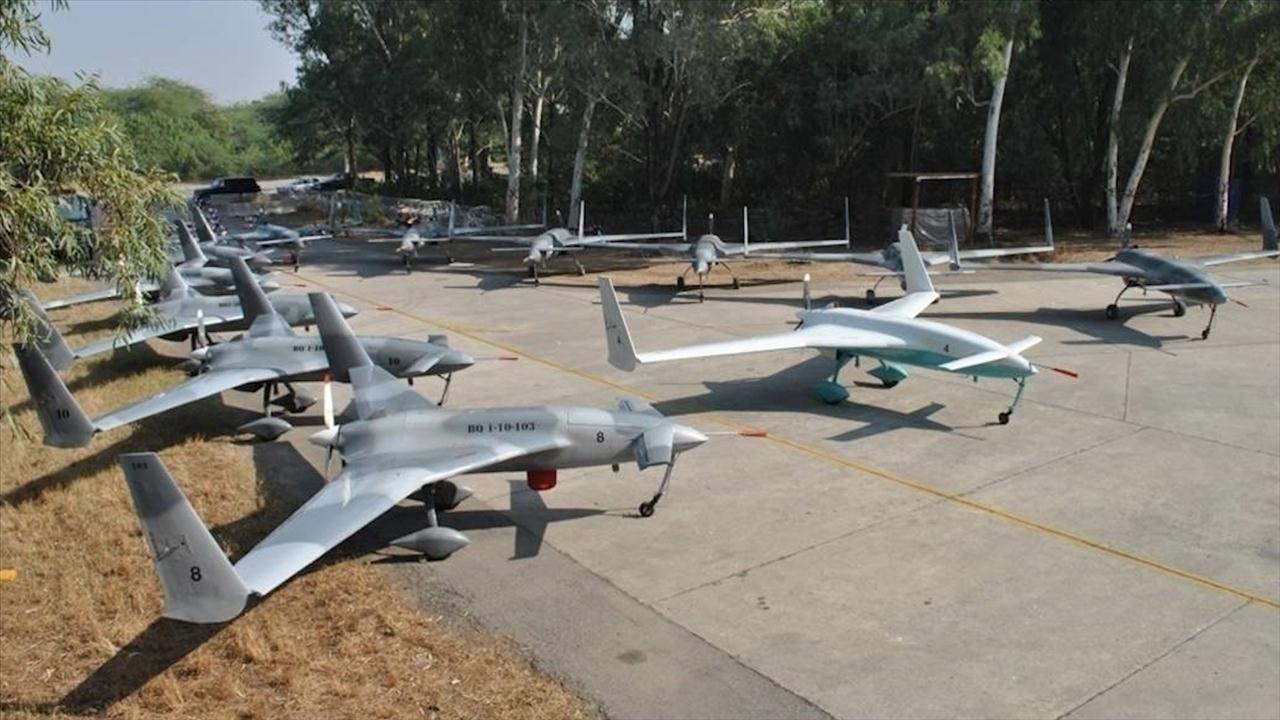
In response to Pakistan's escalating actions along India's western borders, the Indian Army launched Operation Sindoor and neutralized nine terror camps in Pakistan and Pakistan-occupied Kashmir. In the wake of Pakistan's drone attacks, the Indian Army has demonstrated its robust air defense systems and declared zero tolerance for any violations of India's sovereignty. Fragments and debris of an unidentified projectile were also recovered from Punjab and Rajasthan, indicating the aggressive intentions of Pakistan.
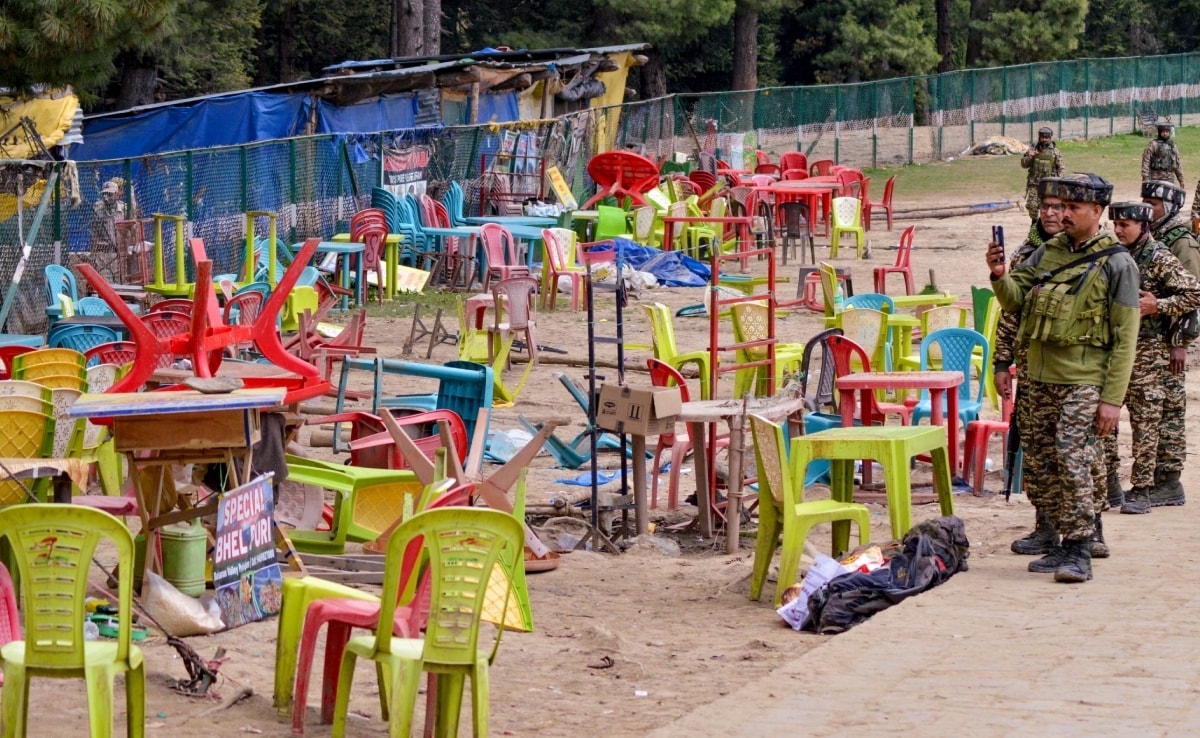
After the deadly terrorist attack in Pahalgam that claimed the lives of 27 civilians, including tourists, speculation is rife about India's response. It is reported that India may carry out surgical strikes and airstrikes against Pakistan. However, former Commander of the Srinagar-based Chinar Corps Lt Gen Devendra Pratap Pandey (Retd) cautions against this move, stating that Pakistan is looking for escalation to divert attention from its internal and economic problems. He suggests exploring other options for punishment that will target the culprits behind the attack.

On Saturday morning, India retaliated against Pakistan as the latter continued to launch airstrikes and use drones to attack military installations in multiple cities. In the early morning escalation, a senior official from Jammu and Kashmir, Raj Kumar Thapa, tragically lost his life due to a shell hitting his house. The CM has expressed his condolences and urged people to stay indoors amidst the ongoing conflict. Reports indicate that PAF has suffered losses during the engagement and the government is set to hold a briefing on the attacks.

Members of the Kashmiri Pandit Association and the Jammu and Kashmir Dogra Samaj gathered in Mumbai to honor and mourn the Hindu civilians brutally killed in Pahalgam, Kashmir. The community representatives stated that the victims were targeted solely for their religious identity, reigniting concerns about minority safety in the conflict-prone region. The attendees stood in silence, holding placards and candles, to remember the victims and to demand justice and protection for vulnerable communities. The organizers emphasized the need for national unity and called upon authorities to take swift action against such attacks. They also stressed the importance of civil society standing up against communal violence through peaceful but firm action.
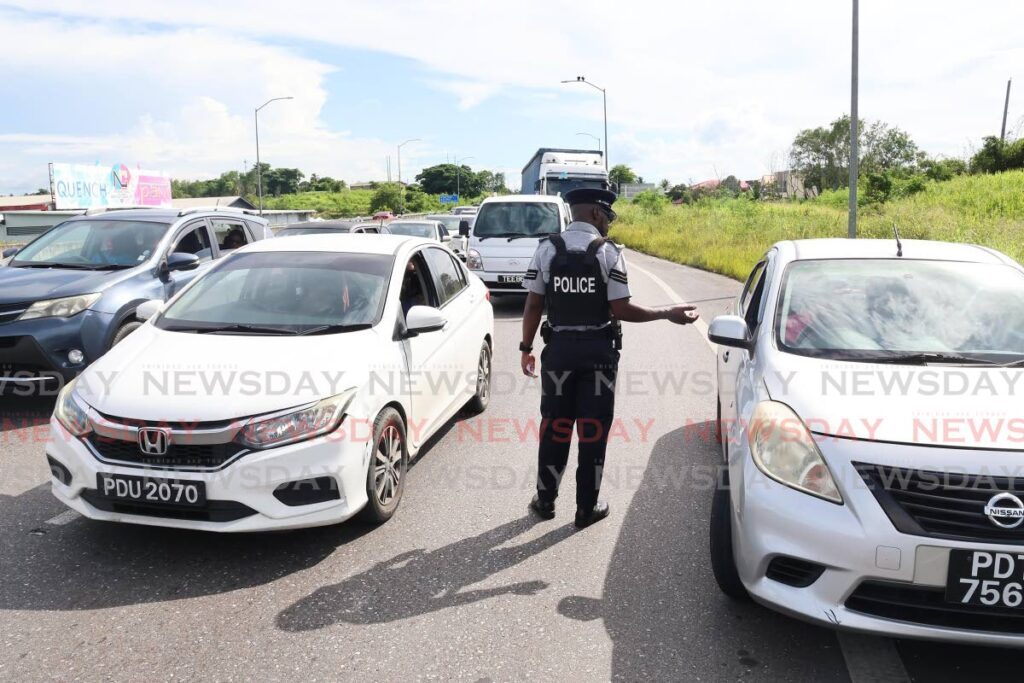
The Indian government has announced the implementation of a demerit point system for traffic violations, in an effort to reduce road accidents. Under this new system, drivers will receive demerit points for infractions such as speeding and running red lights, with accumulation of too many points potentially leading to suspension or cancellation of their driving licence. This initiative is part of a larger plan to improve road safety measures in India, which have come under scrutiny due to the high number of traffic-related deaths.
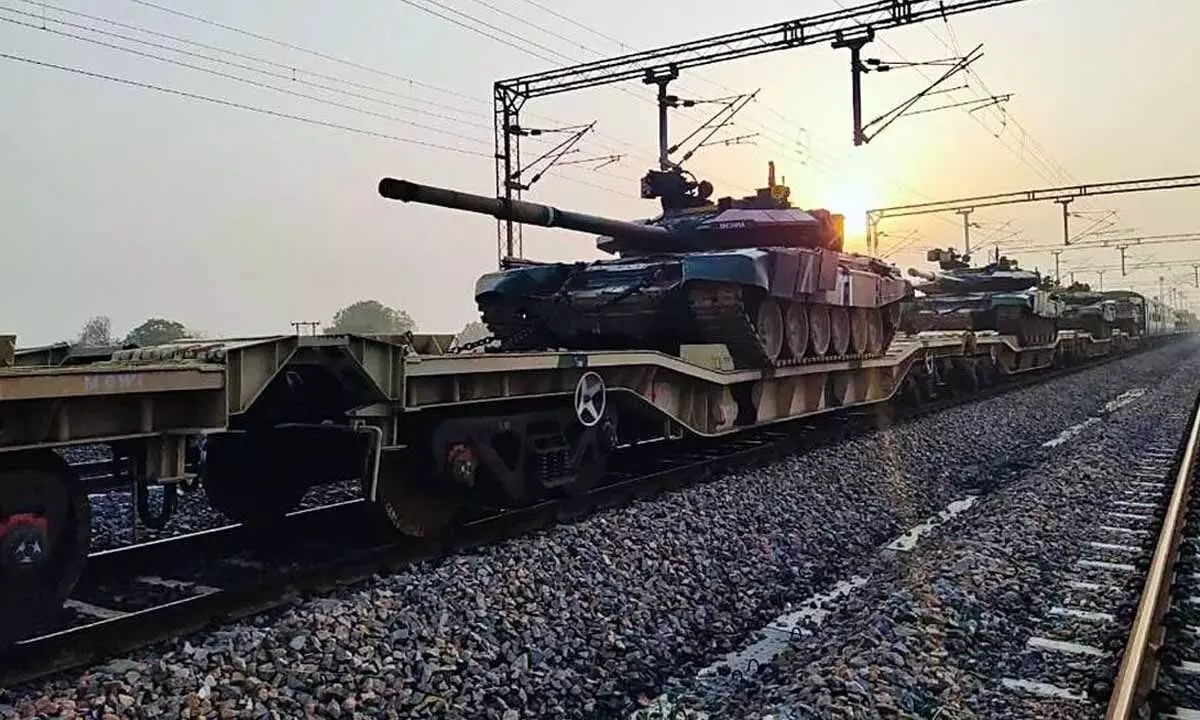
In the midst of escalating tensions between India and Pakistan, the Indian Railway Ministry has issued an advisory to its employees, cautioning them against sharing confidential information about military train movements with unauthorized persons. This comes as a response to possible attempts by Pakistani intelligence agencies to seek information about such movements. The advisory highlights the gravity of the situation and urges railway officials to be vigilant and not disclose any information to unauthorised individuals.
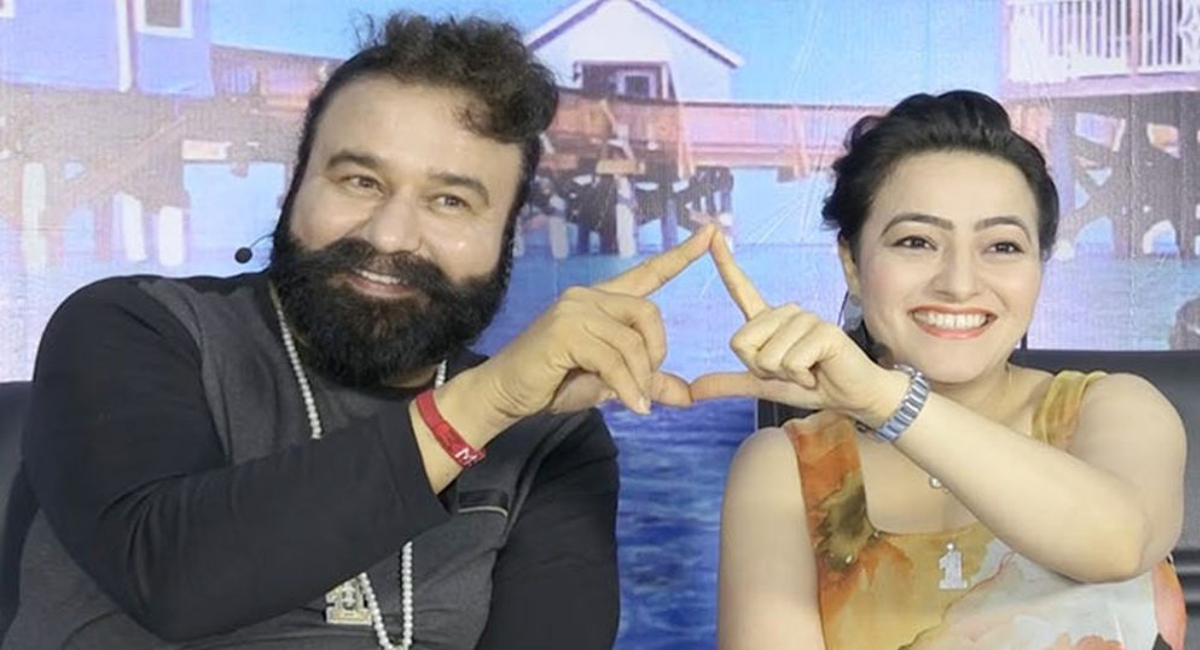
In the aftermath of the conviction of Dera Sacha Sauda chief Gurmeet Ram Rahim, a series of events have unfolded. Punjab's Chief Minister condemned Haryana's CM for blaming Punjab, Indian Film and Television Directors' Association canceled the Dera Chief's membership, and Twitter has frozen his official account. Additionally, his son has been appointed as the executive manager, leading to more speculation about the Dera Sacha Sauda's influence and power. The riots that have occurred in northern India since the conviction only further highlight the chaos surrounding this controversial figure. With the Dera Chief's influence on politics and the masses, it is clear that his actions have long-term consequences.
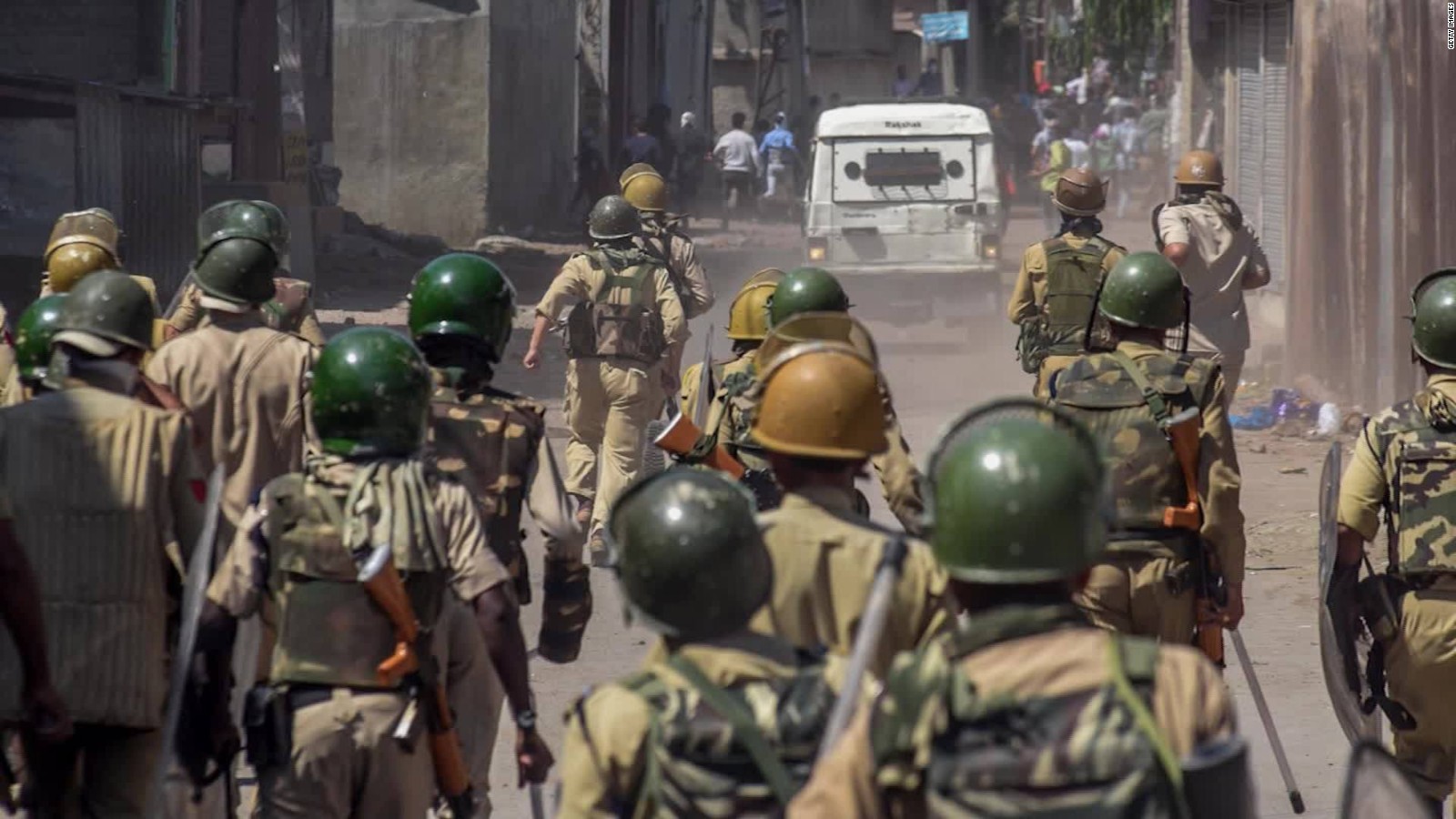
In a closed-door consultation, the UN Security Council discussed the recent terror attack in Jammu and Kashmir and called for de-escalation between India and Pakistan. The meeting, called by Greece, did not result in a statement, but Pakistan claimed its objectives were "largely served". The UNSC President described it as a "productive and helpful" meeting, while Pakistan's Permanent Representative stated that their objectives of having a discussion on the situation and the need for dialogue were achieved.
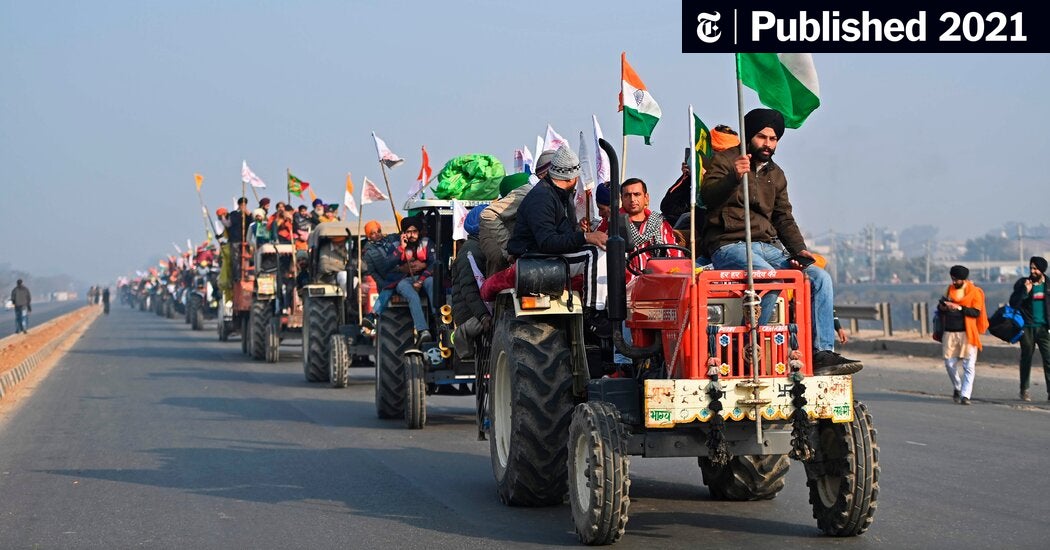
The ongoing farmers' movement in India is facing further obstacles as senior leaders, including Jagjit Singh Dallewal, have been placed under house arrest a day before a scheduled protest. This move by Indian authorities has been met with criticism from farmer organizations, who were planning a peaceful protest outside a police station. The arrests are being seen as a preemptive measure by the authorities, who fear a large-scale gathering against the government's alleged use of repressive methods. In the midst of this, Congress leader Mallikarjun Kharge is set to address a rally as part of the party's 'Save the Constitution' campaign in Jharkhand.
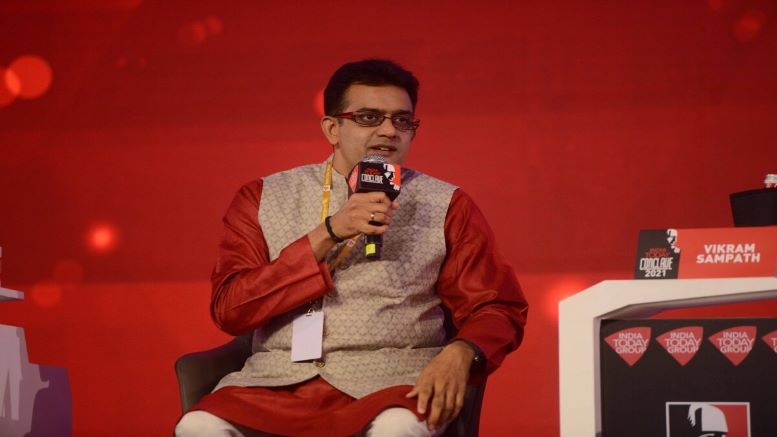
Speaking at the india@2047 summit, renowned historian Vikram Sampath challenged long-held historical narratives in India and called for a reevaluation of the nation's past. He highlighted the impact of colonialism on shaping India's historical consciousness, and the failure of successive regimes to correct this narrative. Sampath emphasized the importance of reclaiming India's civilizational ethos and fostering a culture of scholarly debate, driven by evidence rather than ideology. He also acknowledged the role of youth in driving independent research efforts that challenge established narratives.